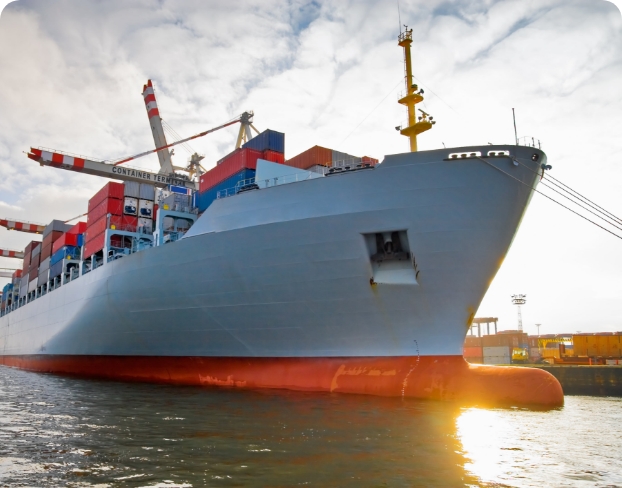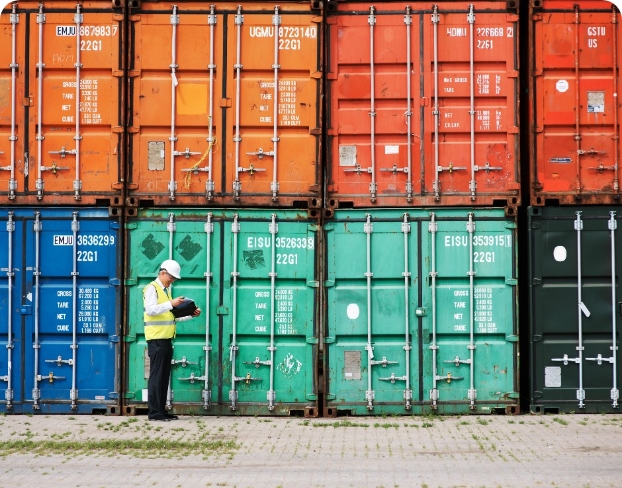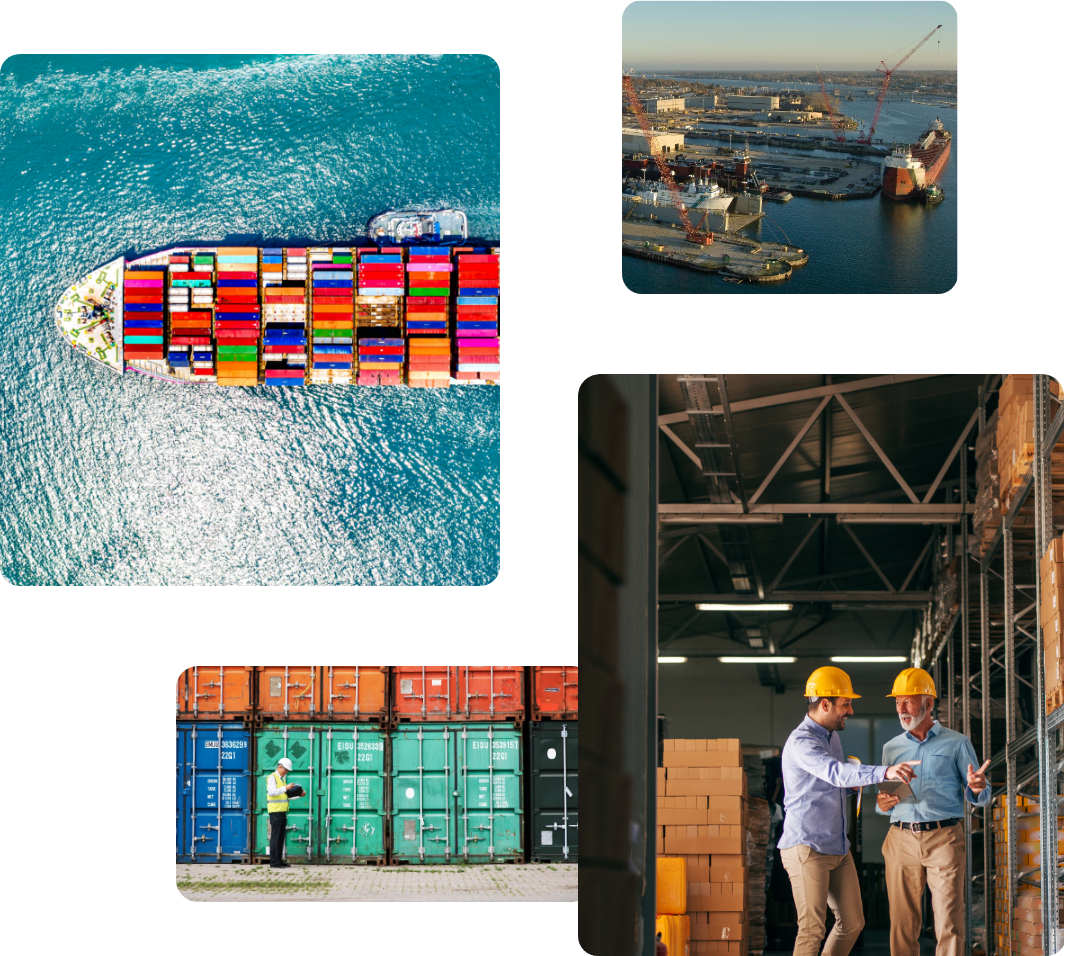Let’s navigate exporting, together.
We love working with what’s next-ers. That’s what we like to call Wisconsinites who’ve had ideas, started businesses, grown them to what they felt was their full potential, and wondered what’s next. If this sounds like you, it may be time to explore exporting.
Expanding your business globally can be intimidating—especially if you don’t know where to begin. WEDC and the Wisconsin Global Navigation Network are here to help. Whether your company is large or small, we can guide you in finding viable opportunities to reach new markets.

We’re your partner in exporting.

WEDC and the Wisconsin Global Navigation Network have all the resources you need—whether you’re new to exporting or you want to refine your export strategy. Our network includes more than 600 global, national, regional, and local business development partners in government, economic development, private industry, and academia. Plus, we have in-market representatives in 96 countries and territories around the world.
We can help guide your exporting efforts by providing:
- Educational seminars and hands-on learning
- Strategy and business plan development
- Global market identification for your products
- Market analysis reports
- Export logistics
- Introductions to buyers and distributors
- Trade missions
96
countries reached with our Global Network of in-market experts
Source: WEDC FY23 Annual Report on Economic Development
26
businesses assisted through Global Trade Venture Program in FY23
Source: WEDC FY23 Annual Report on Economic Development
13
businesses assisted with exporting through ExporTech in FY23
Source: WEDC FY23 Annual Report on Economic Development
Exporting Resources

Exporting Resource Library
Read up on everything from export taxes and regulations to international market research and exchange rates. Learn More
Market Intelligence Reports
Discover potential opportunities for Wisconsin companies by exploring the state of exporting by country and industry. Learn More
Wisconsin Export Data
This snapshot breaks down Wisconsin’s export highlights by dollar amount, country, and industry. Learn More
Governor's Export Achievement Awards
See the Wisconsin companies recognized for their growth in international markets and learn from their journeys. Learn More





